1. Taking action
Advocacy for disaster resilience involves promoting policies, practices, and resources to enhance the ability of all communities, especially vulnerable and historically marginalised groups, to withstand and recover from disasters. For instance, advocacy might focus on ensuring that disaster response plans include accessible shelters and evacuation routes for people with disabilities or that there are translation services and culturally appropriate support for non-English-speaking communities. Additionally, advocates may work to secure funding for low-income neighbourhoods to retrofit buildings for earthquake resistance or to create heatwave action plans that protect the elderly and homeless. Other examples include campaigning for mental health support services for trauma-affected individuals, ensuring the availability of mobile health clinics in remote areas, and promoting the inclusion of LGBTQ+ safe spaces in emergency shelters. By raising awareness, influencing policy, and mobilising resources, advocacy for disaster resilience helps build a more equitable and robust framework for all individuals to face and recover from emergencies.
Visit:
Climate Justice Advocacy and Campaigns
2. Understanding disaster inequities
Historically, marginalised groups are disproportionately affected by climate change, facing increased risks and challenges in disaster response, recovery, and adaptation efforts. This multifaceted vulnerability is deeply rooted in social, economic, and cultural disparities, making it crucial to address the unique impacts on various marginalised communities. Understanding distinct realities and the complexities of these intersections is crucial to developing more inclusive and comprehensive approaches to building resilience and ensuring that no one is left behind in the face of our changing climate.
The increased risk of those groups stems not only from disaster events themselves but also from the level of inclusiveness in which response and recovery are planned, designed, and delivered.
See detailed information in the Climate Impacts on Social Injustices
3. Understanding how Indigenous knowledge contributes to climate change adaptation and resilience
Climate justice and disaster resilience advocacy are deeply interconnected. Precisely Aboriginal and Torres Strait Islander Peoples are often on the frontlines of climate change. Indigenous Knowledges (IK) is crucial to adapt to environmental changes, building resilience and protecting both people and Country. Advocating for climate justice and resilience means recognising and supporting the unique strengths of Aboriginal and Torres Strait Islander communities while ensuring equitable adaptation strategies that centre their voices and knowledge systems.
Read more:
Understanding How Indigenous Knowledge Contributes to Climate
Change Adaptation and Resilience: A Systematic Literature Review
Indigenous perspectives on climate risk
4. Disaster resilience advocacy initiatives and case studies
In the following links, you will find disaster resilience advocacy initiatives, organisations and actor,s as well as case studies.
People with Disability Australia
Heat Vulnerability Project, WA Council of Social Services
Stuck in the Heat Report (Kimberley Community Legal Services)
Improving crisis communications to culturally and linguistically diverse communities (NSW)
Improving crisis communications to CALD communities (Western Sydney MRC Submission)
Community Sector Climate Change Advocacy Week (Australian Council of Social Services)
ACOSS submission to Climate Change Review 2017 (ACOSS)
Climate Change is a major risk to our healthcare system (Open Letter to Australia’s federal political leaders)
Australian Climate Roundtable: Joint Principles for Climate Policy (Acoss)
Disaster & Climate Resilience – QLD Community Legal Centres
Care Through Disaster – In Practice (Australia reMADE)
We aren’t all equal when it comes to climate vulnerability An interactive map that has measured climate vulnerability in your area
Climate Council – Heat map of Australia – Interactive

